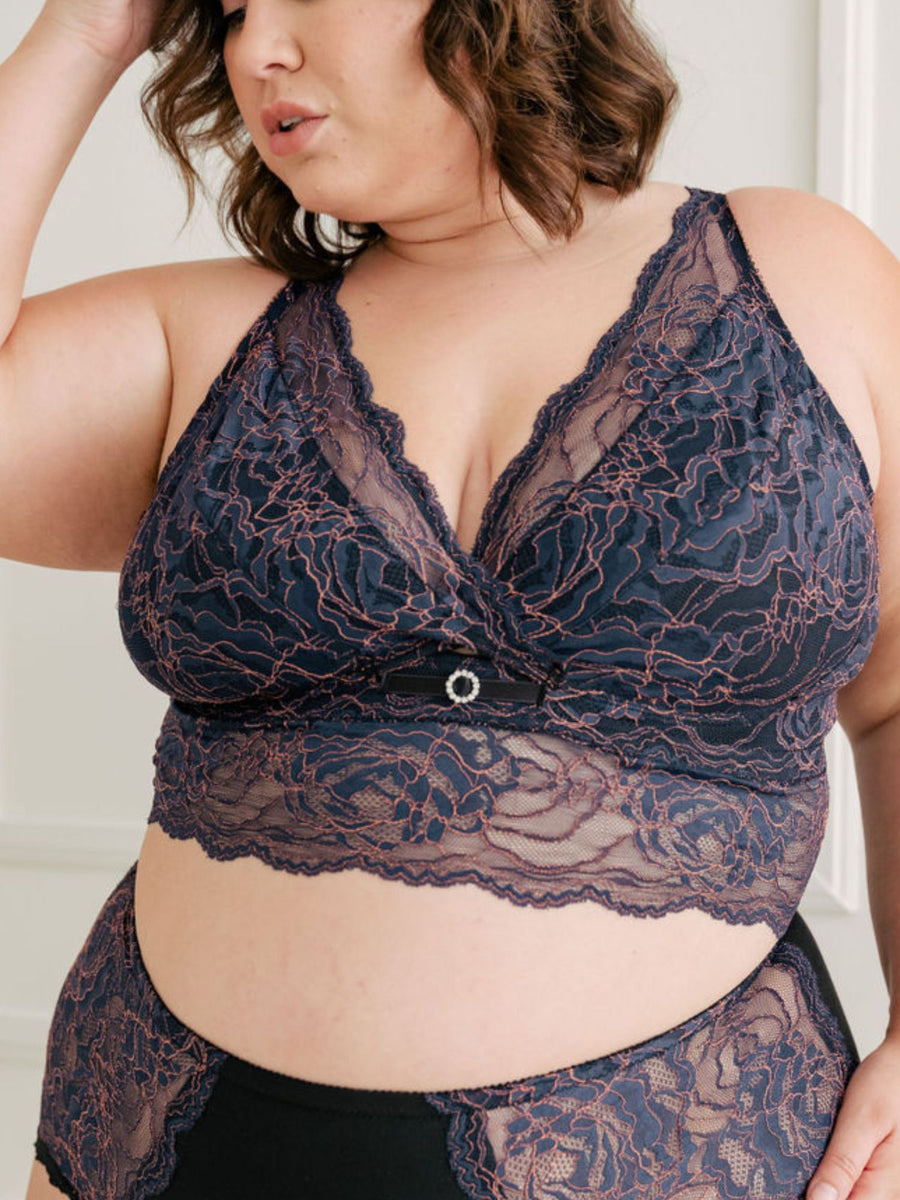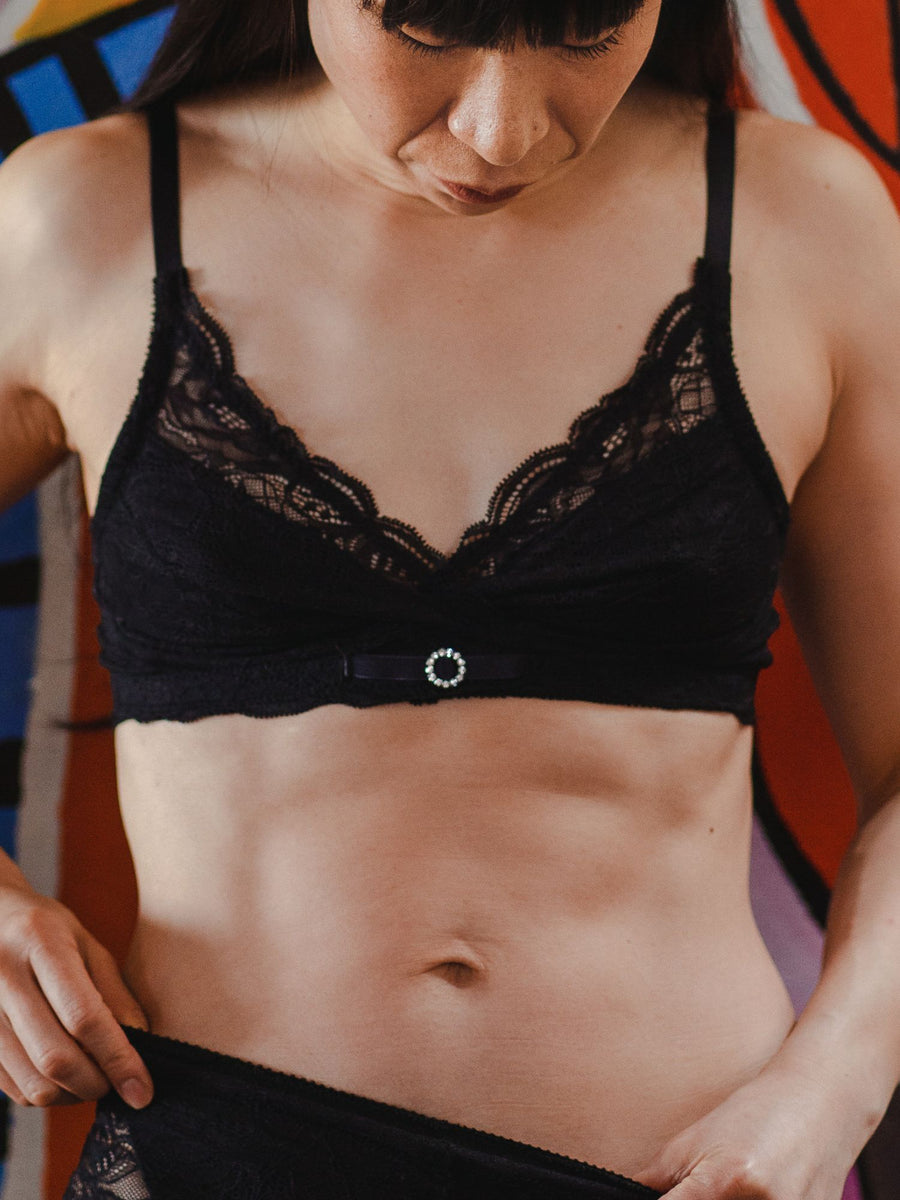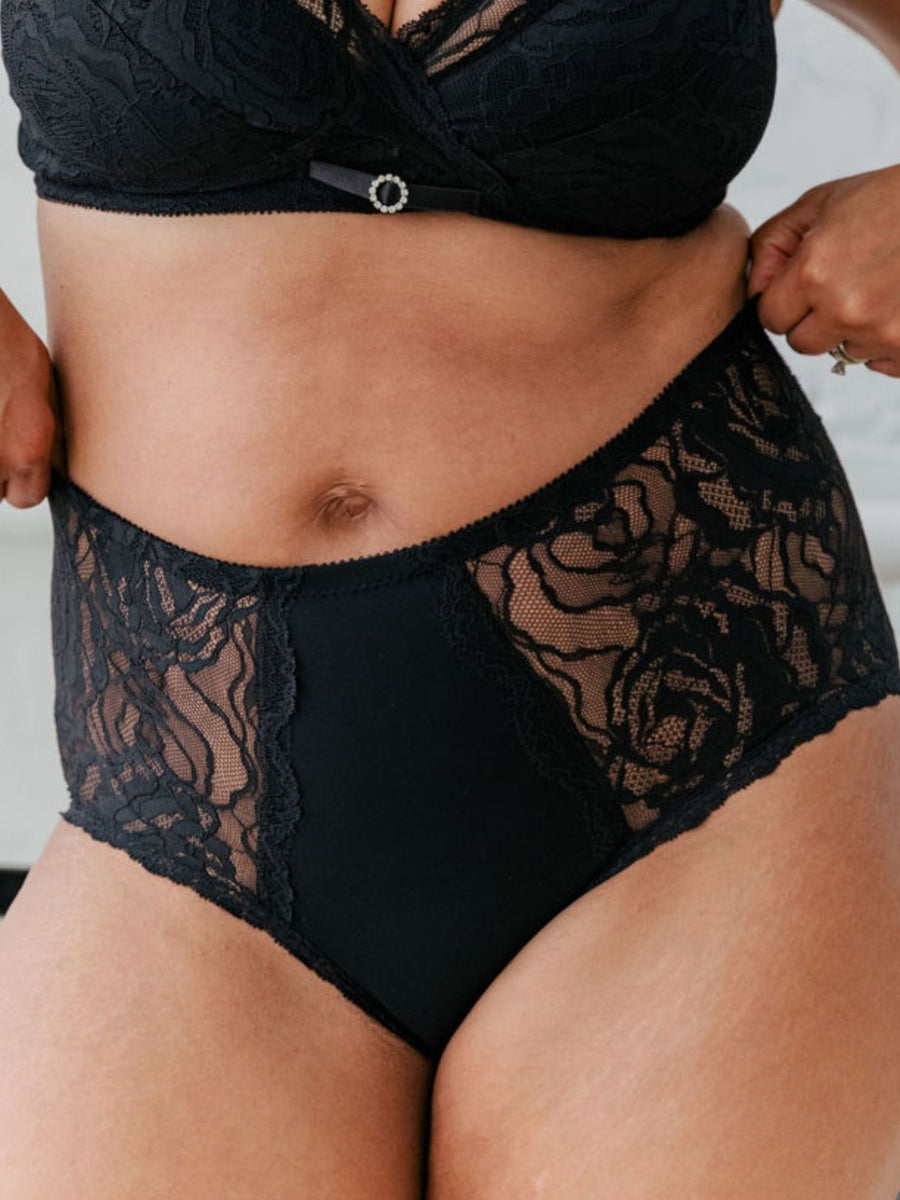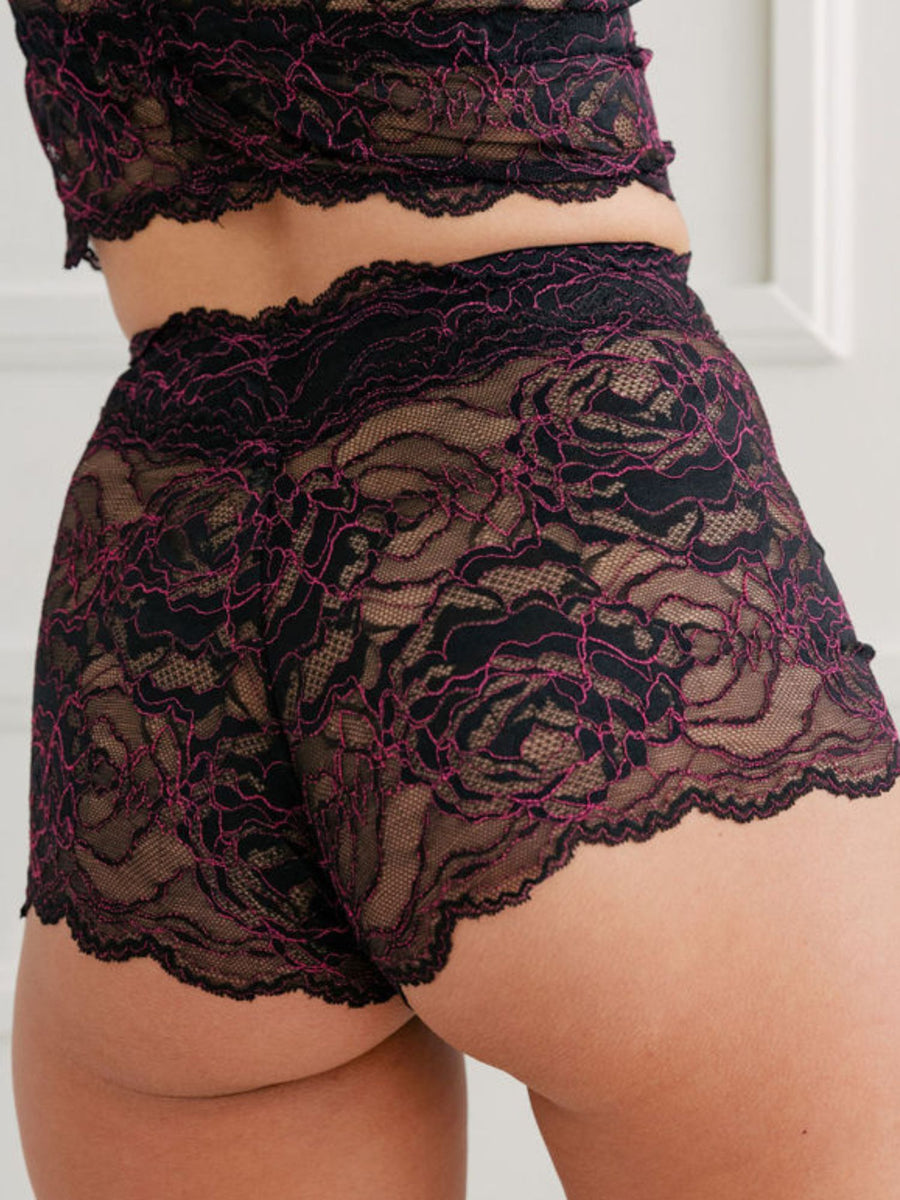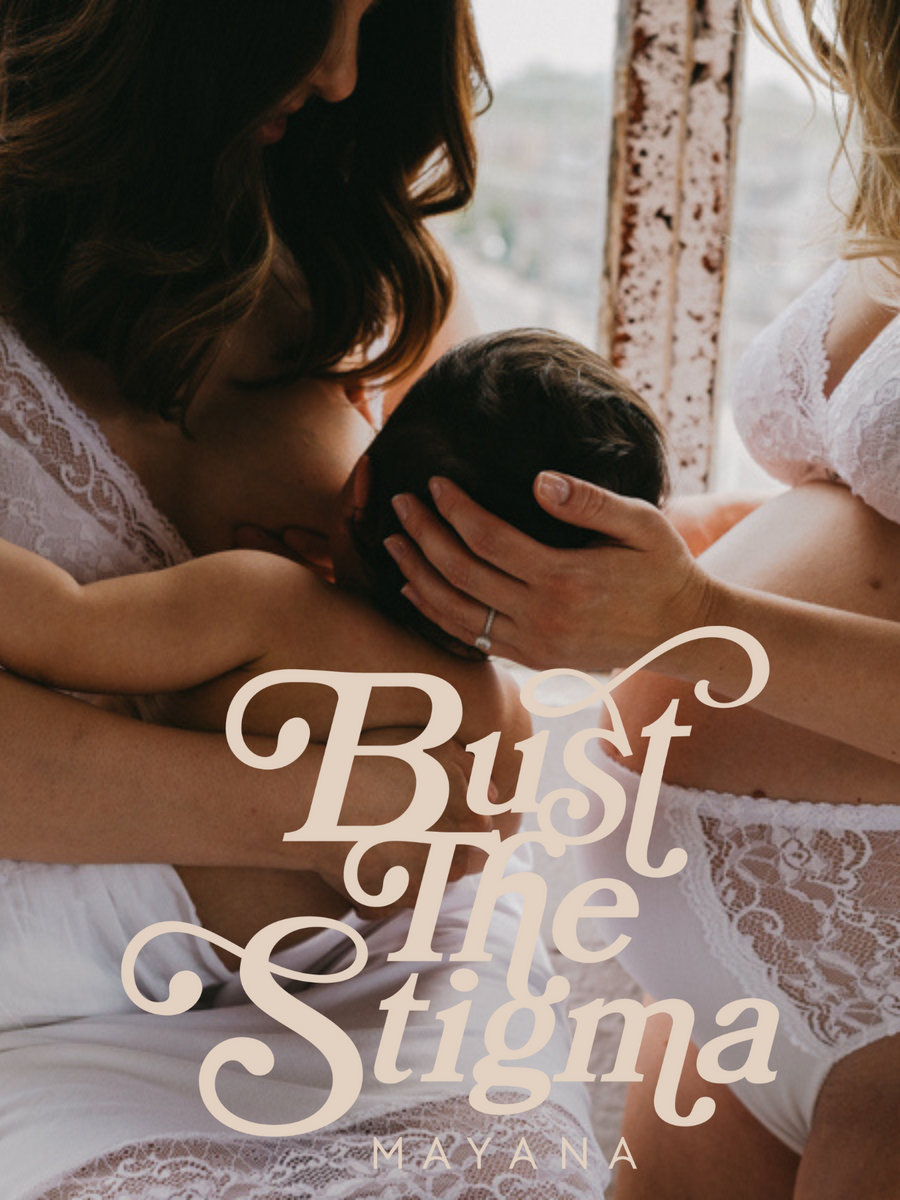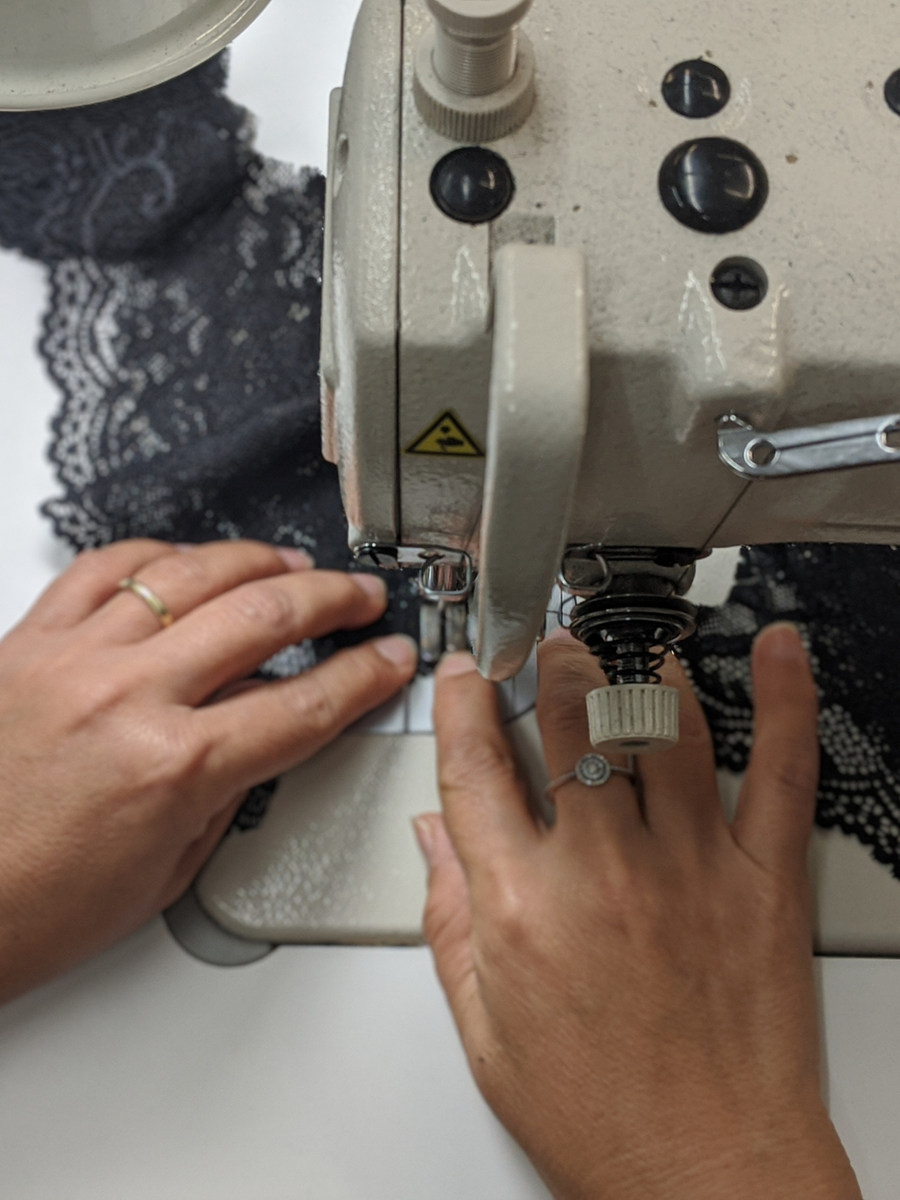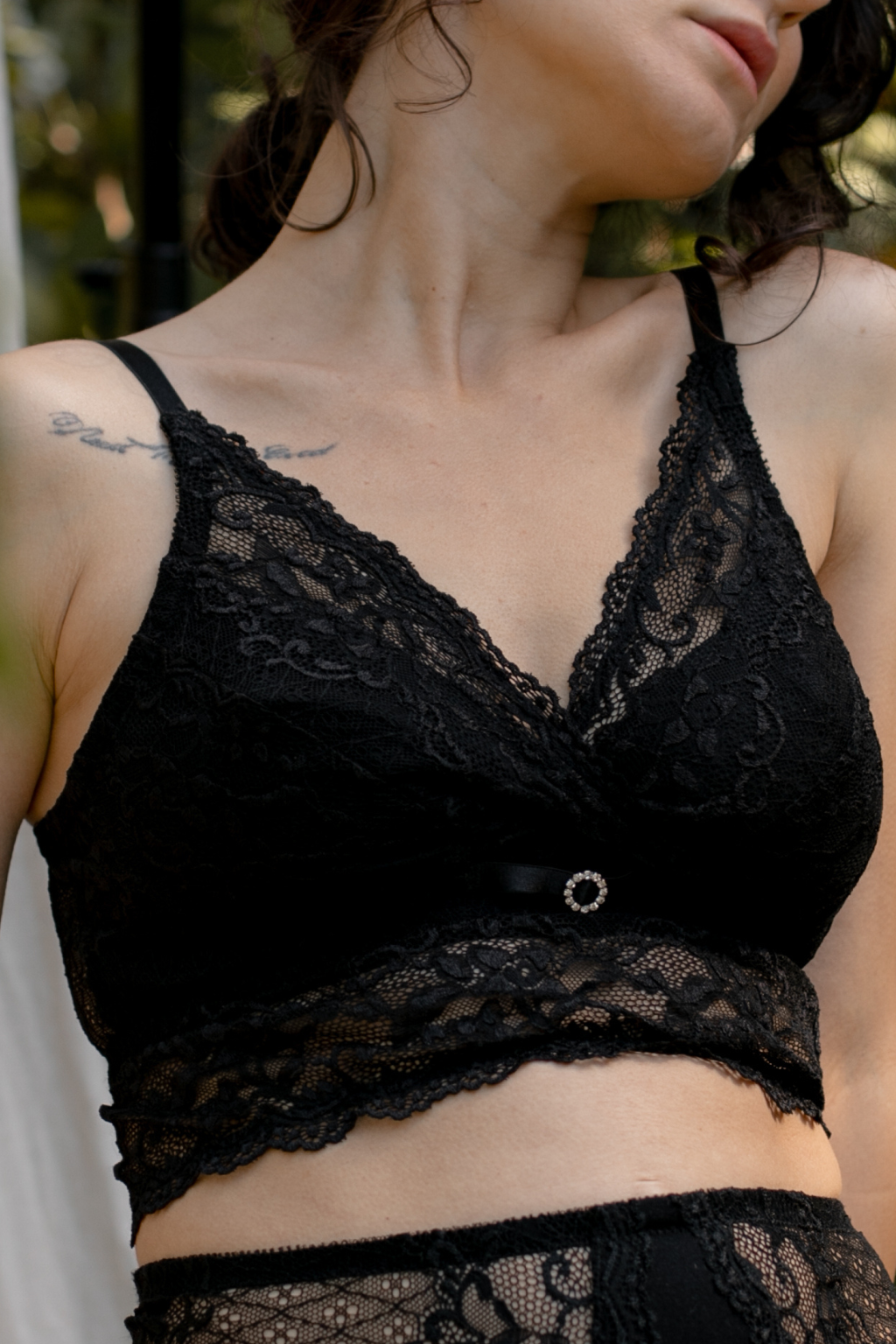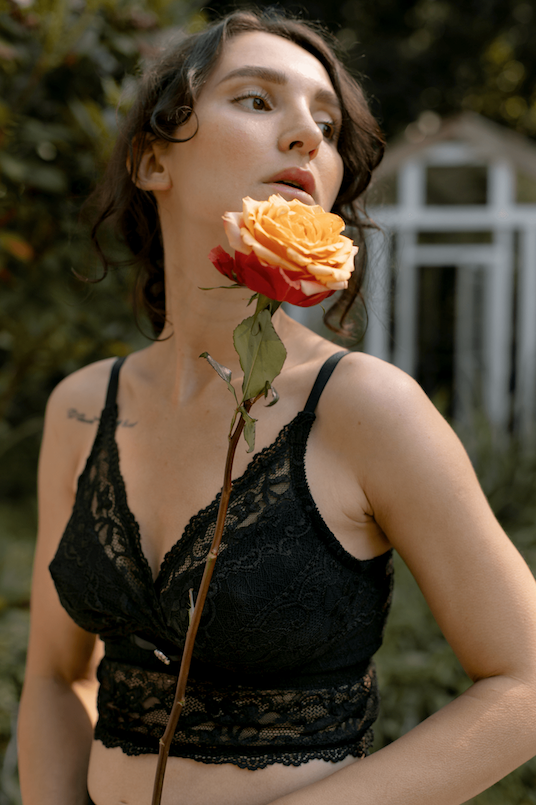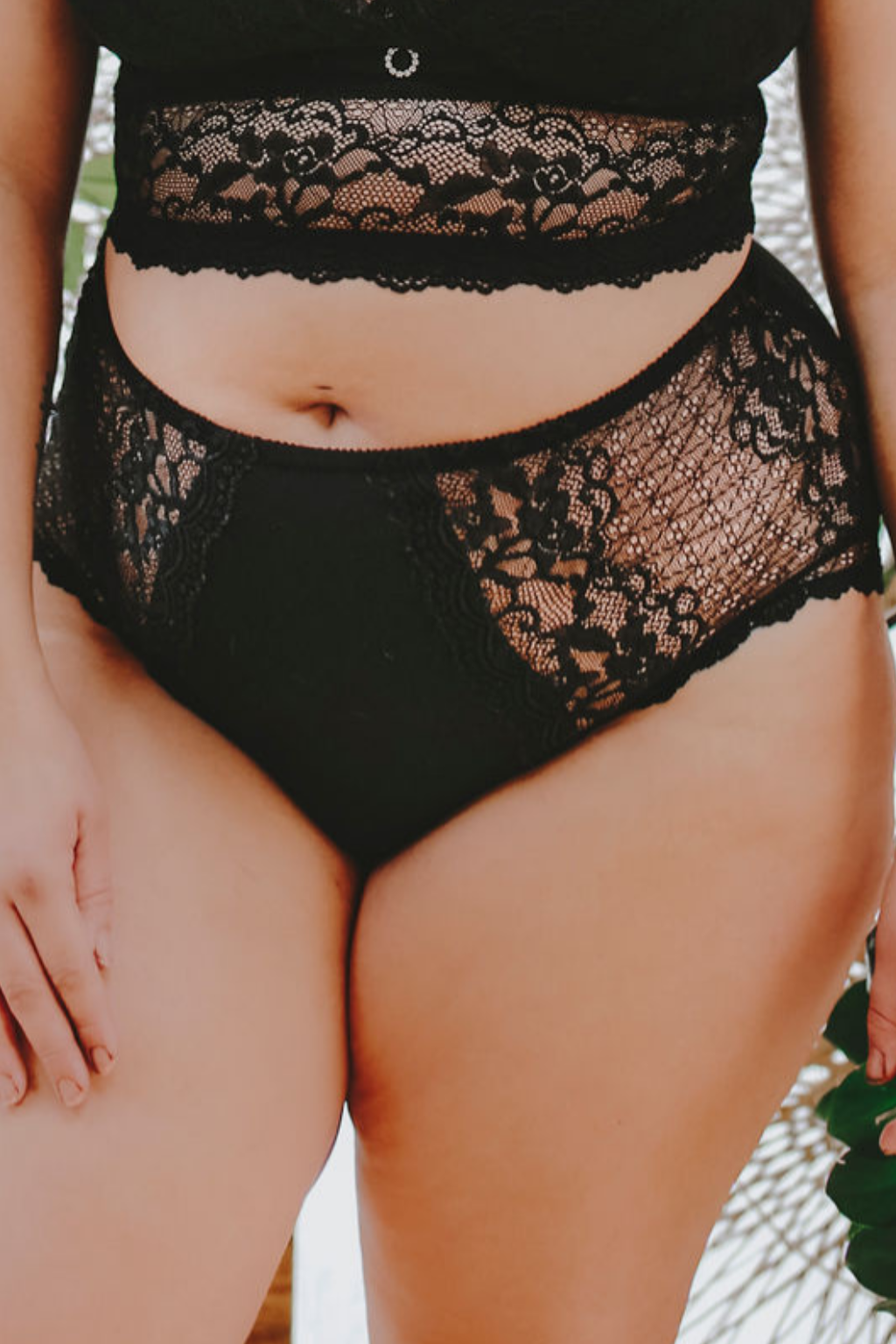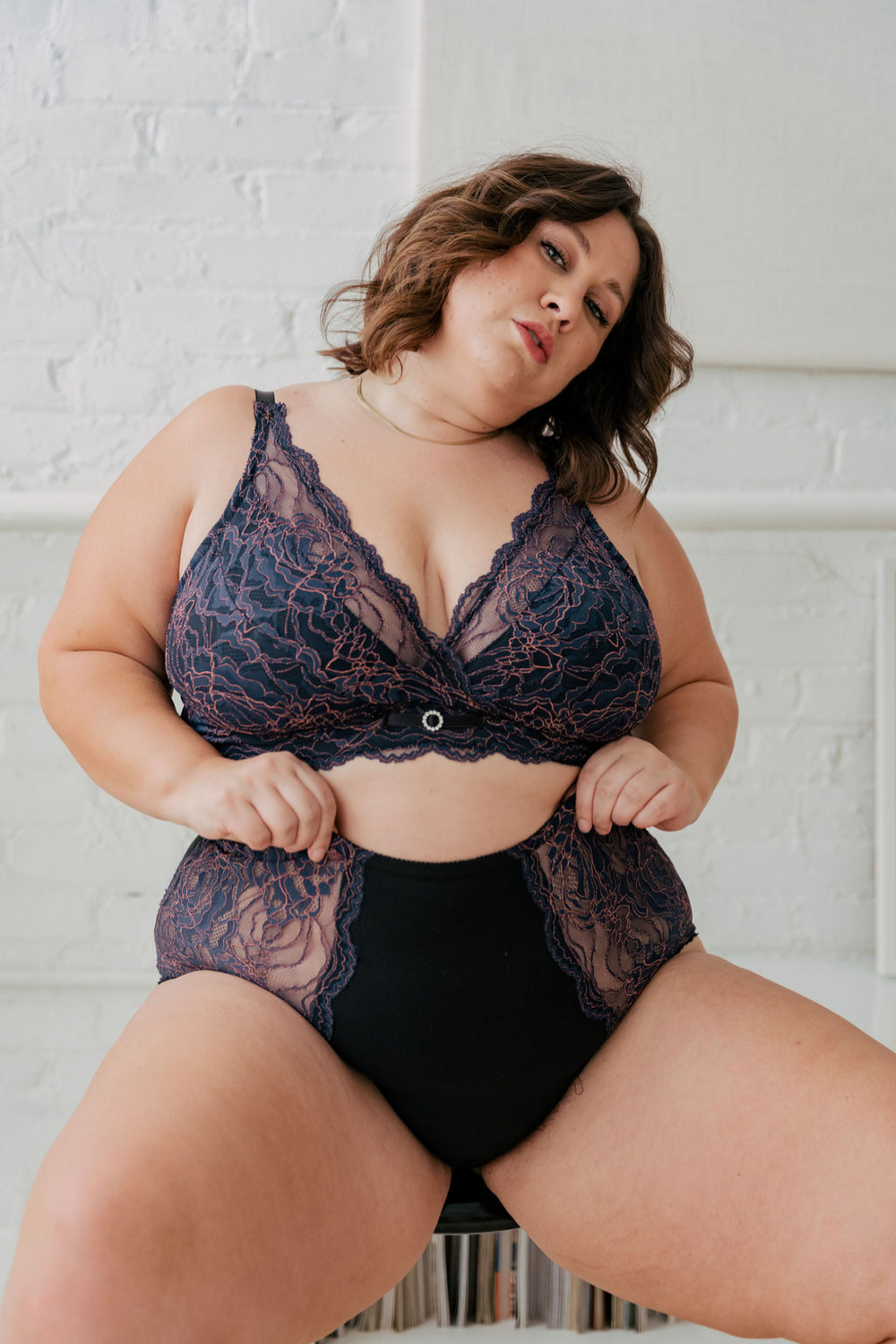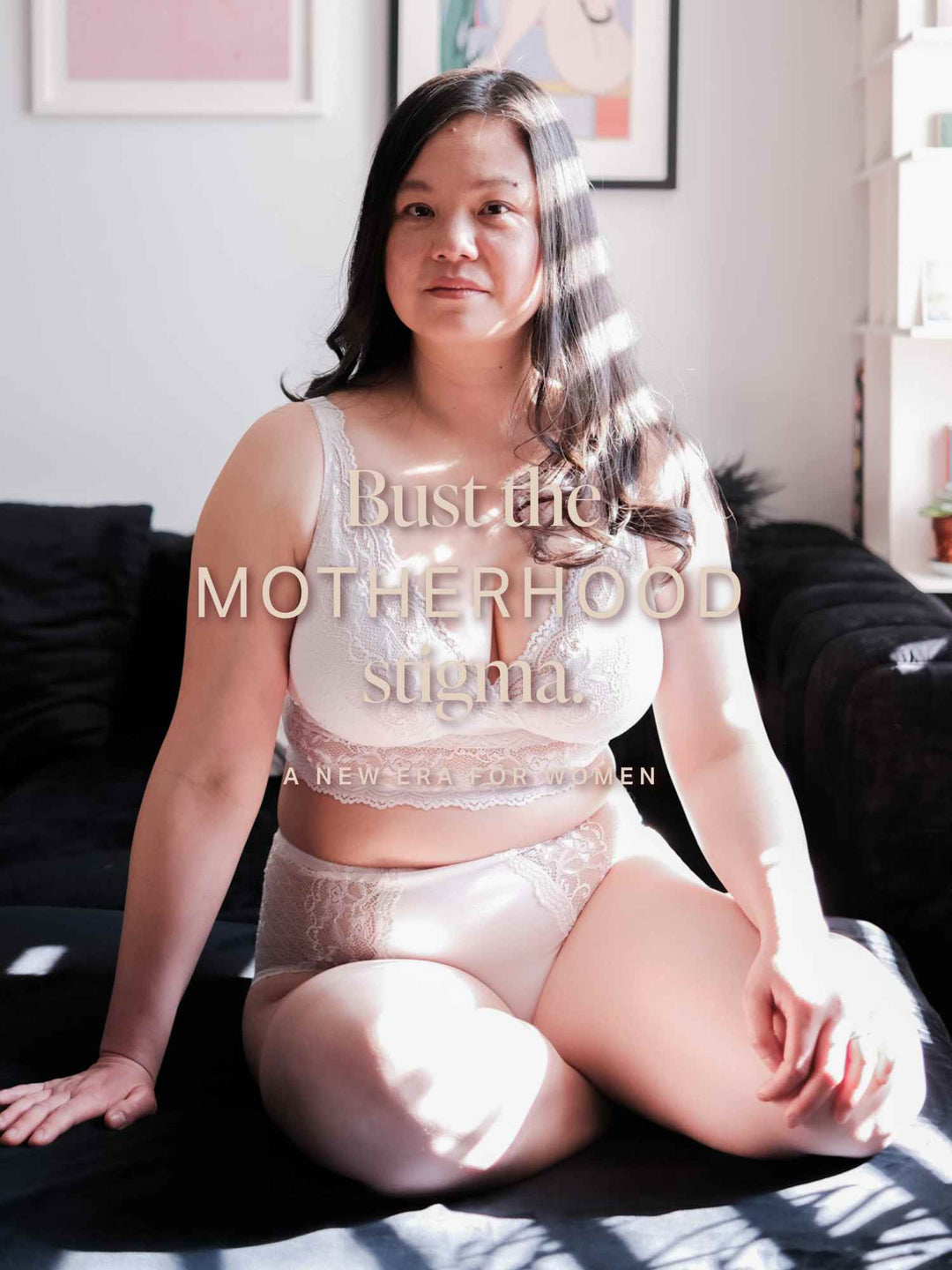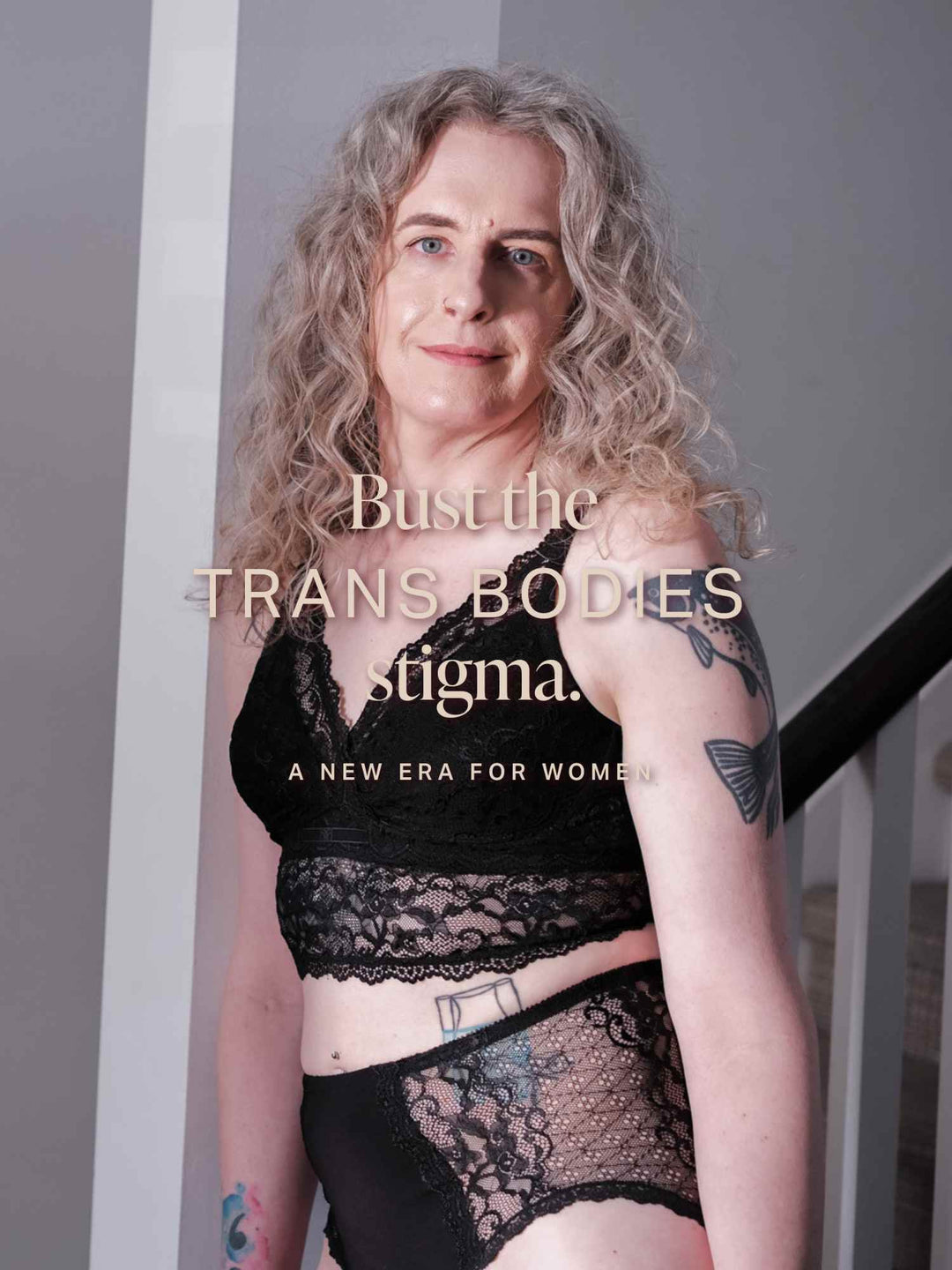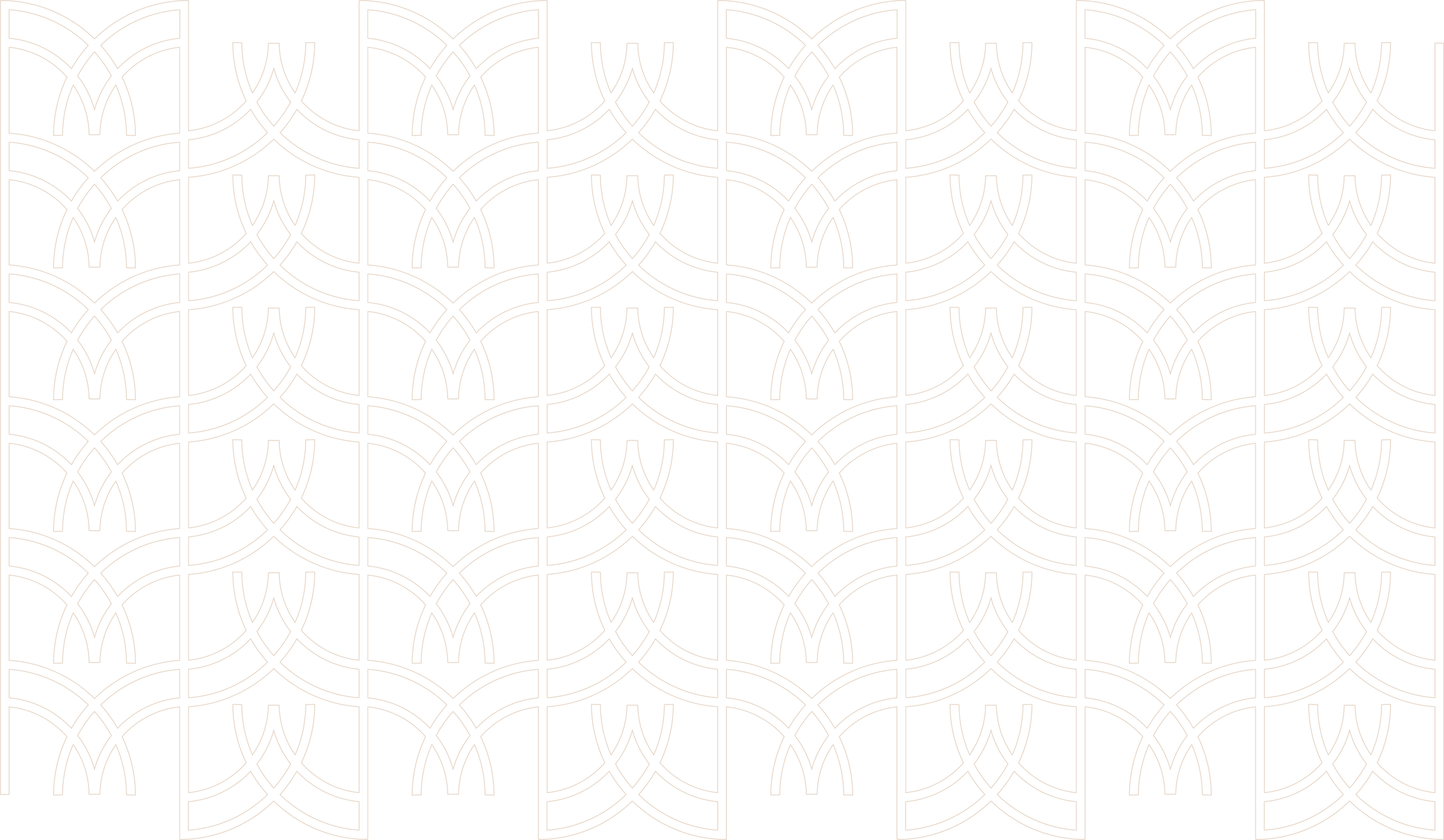
The lack of representation was glaringly obvious. When Sam's own journey into menopause began, she found herself navigating a space that didn't see or speak to her experience. This personal awakening prompted a profound pivot from her work as a postpartum trainer to a dedicated menopause coach.
But her transformation didn't stop there. As a fitness professional, she became acutely aware of the industry's problematic norms, especially its deep ties to diet culture. Sam made a conscious decision to go against the grain, rejecting restrictive practices in favor of an anti-diet, strength-based approach. Her philosophy is simple yet radical: it’s about feeling strong, capable, and good in your body, not just losing weight.
Through her own journey of self-discovery, Sam realized the representation gap in menopause wasn't just noticeable, it was grossly inadequate. To directly address this, she co-founded High Heels and Hot Flashes with Nadine, founder of Mayana. Their mission is to center the Black and Racialized experiences missing from the mainstream conversation. What started as a crucial initiative has since blossomed into sold-out events and thriving conversations creating a vibrant, inclusive community focused on all women.
Join Sam as she shares a different, deeply personal perspective on menopause—from a trainer who has not only studied it but has lived through it and is now redefining the narrative for everyone.
Just before Covid, I noticed that things within my body were changing. Like, I went up a size in pants. No rhyme or reason; I just did. I didn’t think much of it and figured it was “aging” because there is a consensus that (everything) slows down - but it was more than that.
Because Meta is always listening, I started receiving info about menopause and things started to click. I have been a certified personal trainer for almost 24 years and not only was menopause NEVER taught, but I never heard those words from any of the doctors I have had in my life.
To me, shifting my business to menopause, only made logical sense. If I didn’t know or was prepared, what about the layman? And whenever I found most info, it was from white women. I was voted in the top 100 menopause influencers of 2025 but the MAJORITY are white.
Then I heard Omisade Burney-Scott; founder of The Black Girl’s Guide to Menopause and heard (for the first time) how black women go through menopause 8-12 months earlier than white women.
Black women suffer from symptoms much worse than white women and they also suffer the longest. This is closely tied with medical racism and also the fear that they won’t be taken seriously and also expected to be “stronger” than white women so not believed or provided with proper treatment vs their white counterparts.
Did you know? 88% of menopausal women in Canada experience symptoms. 44% report that their symptoms are debilitating and the most common symptoms are sleep disturbances (62%), brain fog (58%), and fatigue (57%).
Source: Menopause Foundation of Canada. (2022)
In a culture that often sidelines women as they age, I see visibility as an act of defiance and self-love.
I’m here to challenge the outdated idea that beauty, relevance, or joy have an expiry date. Instead of shrinking back, I believe midlife is when we expand.
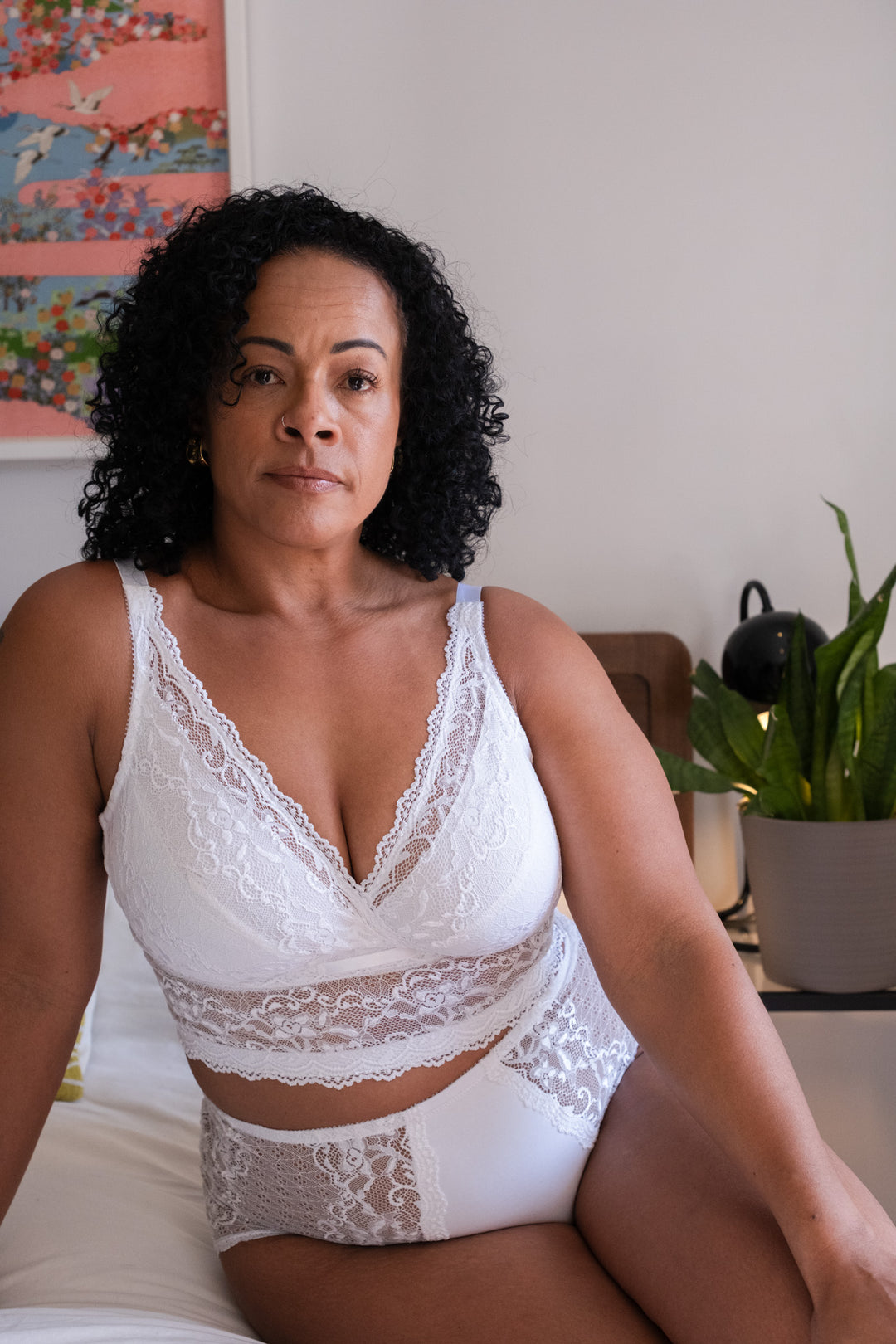
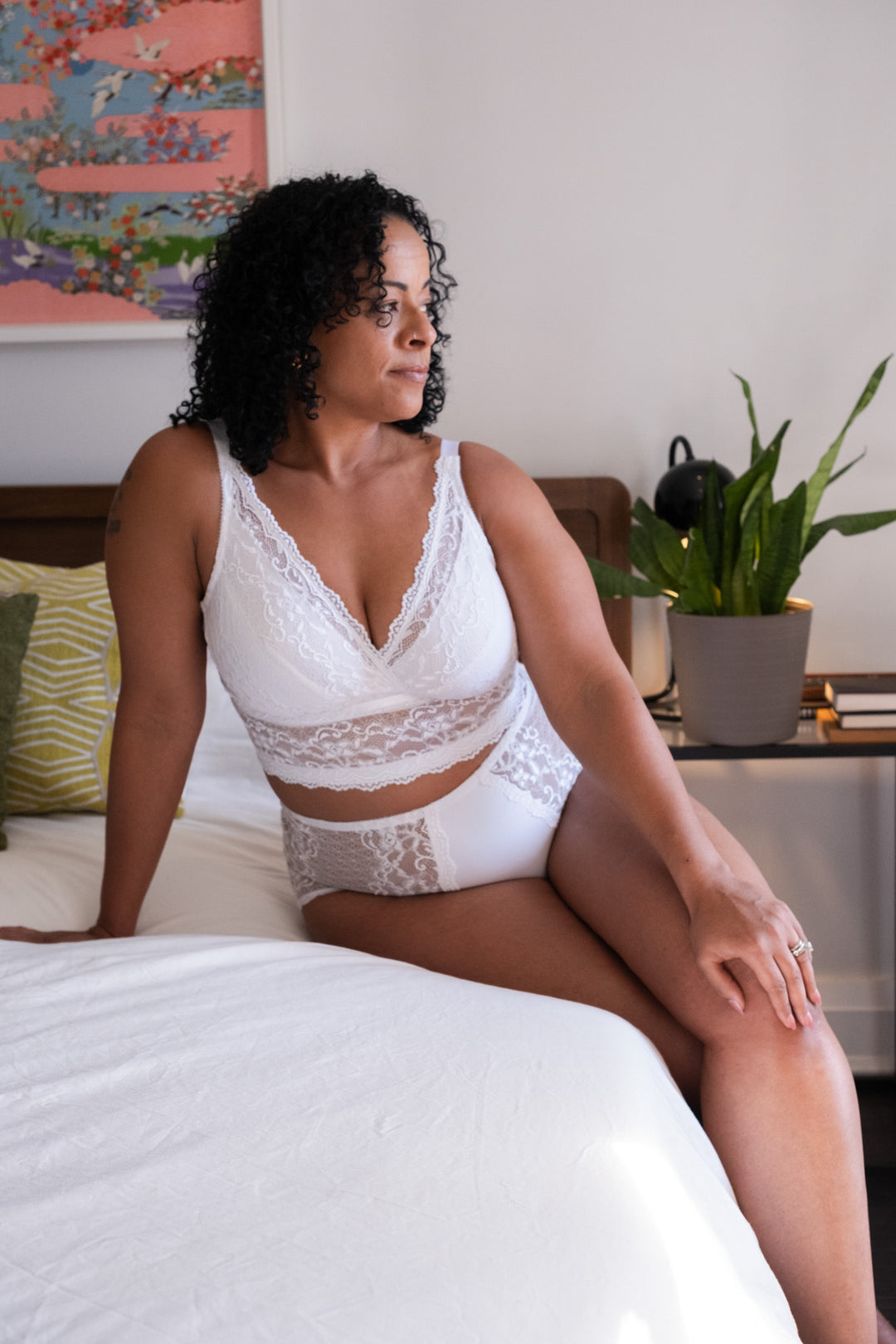
Because no one told them. My doctor (s) never told me. My mother never told me. Relatives never told me. My education never told me. I am in the health industry so if I wasn’t told, most others weren’t either.
The data from the Menopause Foundation of Canada confirms this collective silence: a staggering 60% of women feel unprepared for menopause, and 46% have never discussed it with their healthcare provider. Source: Menopause Foundation of Canada. (2022).
EVERYONE seems to be “learning” right now, including those doctors who wants to learn. Sadly, we don’t have nearly enough educated doctors on the subject and they are more often than not, giving old, outdated information that can result in mis-diagnosis and/or untreated conditions.
46% have never discussed menopause with their healthcare provider.
That in order to lose weight in menopause, you just have to go into a caloric deficit. WRONG. Although, theoretically, it (should) work and often does when you are younger, menopause changes it all. We are not working with the same machine.
It is different because our hormones are different and it’s those hormones that drive everything - ESPECIALLY your metabolism.
But lack of hormones affects muscle growth, energy, sleep, recovery, appetite, hunger and fullness cues, stress response and pretty much everything else you need for an efficient metabolism.
However, with Gen X fighting to break out of diet culture, it’s still taking a very long time. A thinner body does NOT equal health. In fact, I know a lot of people who are thin and alot unhealthier than larger women.
My goal with women is to get all the things that they “think” weight loss will give them (i.e. strength, mobility, energy, good sleep, good eating habits) so they can feel like a bad-ass.
When you shift your focus away from weight loss, it’s a much better approach and you often forget about the scale because now you actually feel good and isn’t that all, anyone wants?

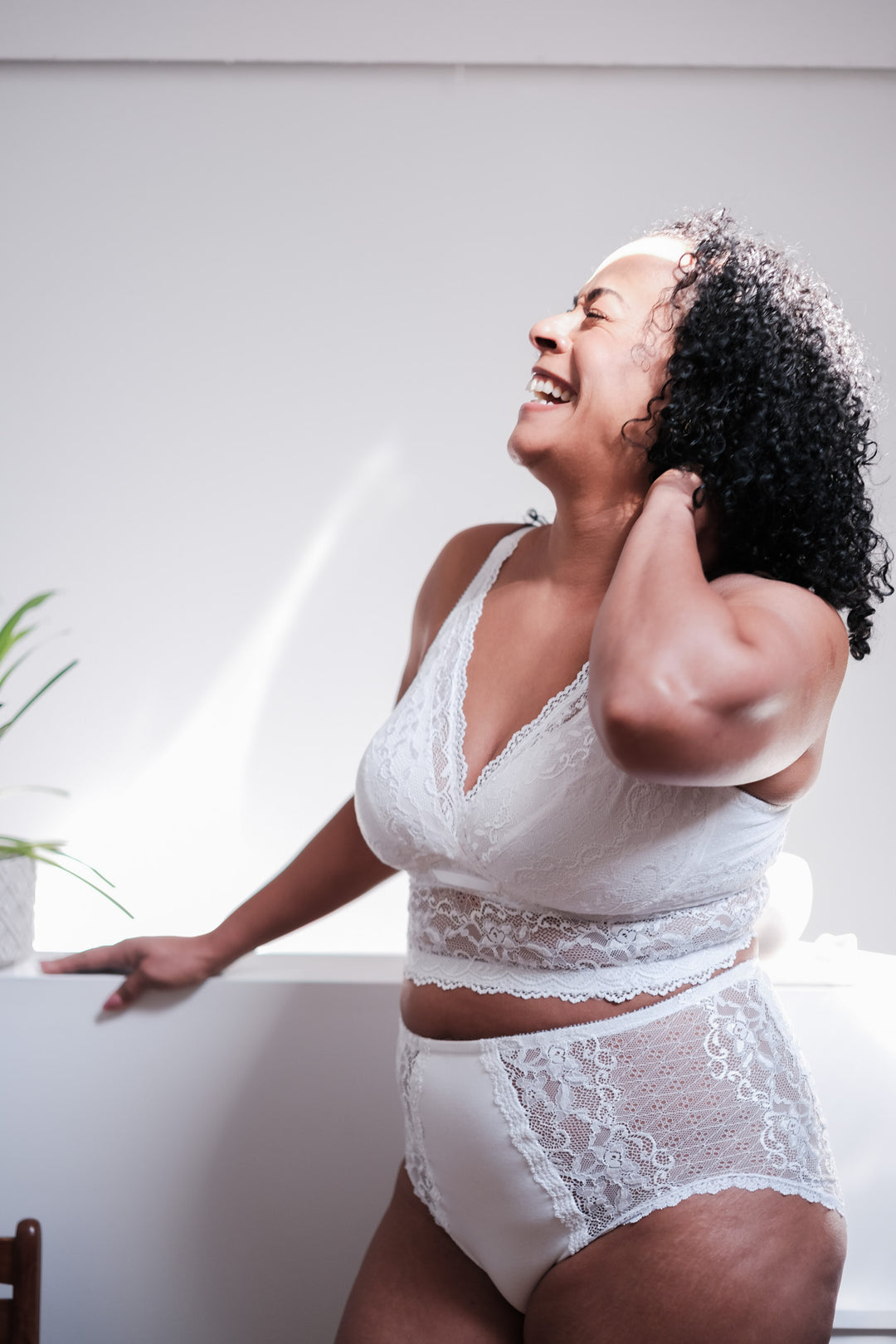
I joined my first gym when I was 18 and started lifting heavy when I met my children’s father. I was hooked. I LOVED feeling strong and I was (always) one of the very few women in the weight area.
Feeling strong is a feeling like no other. The confidence you get when you can lift something heavy is pretty amazing. I am lucky to have lived with this feeling through 2 pregnancies, the pressure to get my “after baby body back” and ongoing body dysmorphia didn’t get the deep hold that it could have, if I didn’t have a strong (pun intended) foundation.
Through every stage since lifting weights, feeling strong has gotten me through as a reminder of what I CAN control especially when I feel like sometimes I don’t have any,
Watch Sam's Story
Check out Sam's Measurements:
Sam is wearing the size XL in both top and bottoms.
Chest Wall: 39 in
Bust: 41 in
Under Bust: 34.5 in
Waist: 35 in
Hip: 44 in
